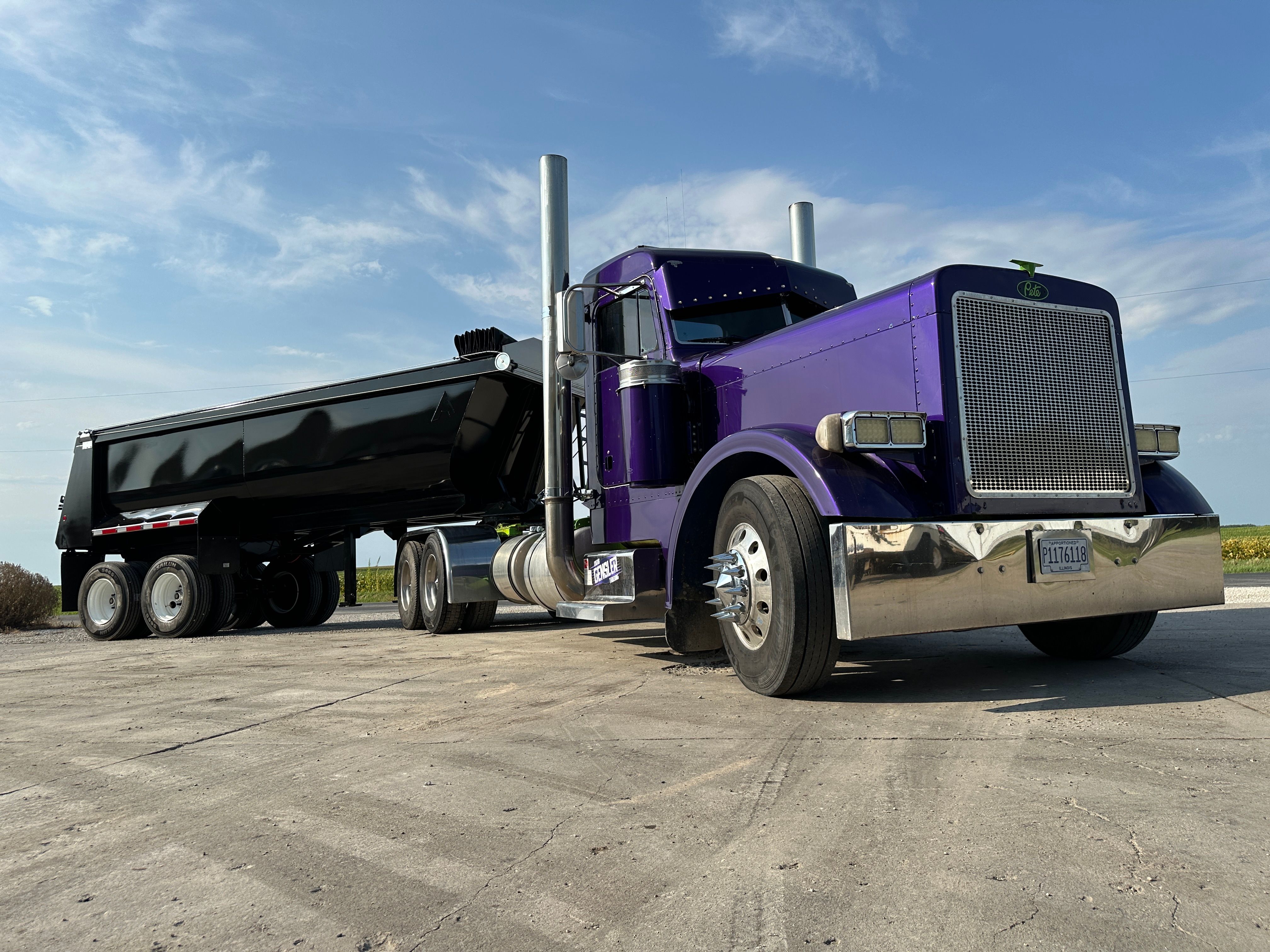
What Size Dump Trailer Do You Really Need?
tj@civsav.com
© 2026 Civilized Savage
Based in USA
tj@civsav.com
A lot of people get stuck when buying a dump trailer because they only think about how long it is. But picking the wrong size — too small or too big — can cost you time, money, and even safety. The right trailer size helps you haul more with fewer trips, keeps your truck in the safe zone, and saves you from repairs or overload fines. In this quick guide, we’ll walk you through the top things to know before you buy, so you get the right trailer for your work — not just one that "looks big enough."
It’s easy to think longer means better, but size also means how much the trailer can hold (volume) and how much weight it can carry (capacity).
For example: A 14 ft trailer full of mulch might weigh 3,000 lbs. But the same trailer full of wet concrete? That could hit 10,000+ lbs — and that’s a big problem if your trailer (or truck) isn’t rated for it.
Bottom line: Weight and volume are not the same. Know both.
Overloading your trailer can lead to bent frames, blown tires, or brake failures — and it’s not legal either. Always check the Gross Vehicle Weight Rating (GVWR) before you haul.
Your trailer is only as strong as the truck pulling it. If your truck can't handle the trailer’s weight — including the load — you’re risking damage, fines, or worse.
Tow ratings matter Always check your truck’s Gross Combined Weight Rating (GCWR) and towing capacity. A half-ton truck might pull a 12-ft trailer fine, but anything above 16 ft usually needs a ¾-ton or one-ton truck.
Brake rules If the trailer weighs more than 3,000 lbs (loaded), most states require it to have its own brakes — either electric or hydraulic. Also, your trailer must be within your truck’s payload and hitch limits.
Quick tip Look at the VIN tag on both the trailer and truck. Don’t guess — match the specs. It’ll save you trouble down the road.
Choosing size is just part of the story. These other specs make a big difference in day-to-day work:
Each of these choices affects how well the trailer handles, unloads, and wears over time. Think about what you’re hauling — not just where.
Concrete Contractor:Runs a 14-ft full-frame trailer with reinforced floor and barn doors. It handles the heavy wet loads without bending and fits in jobsite corners.
Demolition Crew:Uses a 24-ft aluminum end dump with a tarp system. Needed max volume and quick unloads. They tow it with a semi to multiple sites per week.
Landscaping Team:Owns three 12-ft cable dumps with tall sides. Easy for mulch, branches, and soil. One-ton trucks handle the routes, and the team works across town daily.
Buying the right size dump trailer isn’t just about length — it’s about matching the job, the truck, and how often you use it. A trailer that’s too big wastes fuel and strains your vehicle. One that’s too small means more trips, overloading, and repairs.
Smart buyers think long-term: efficiency, safety, and dependability. Skip the guesswork and get what actually works for your kind of work.
Not sure what fits your job? Talk to our team and get a custom recommendation.
Get in touch
© 2025 Civilized Savage
